The facts about alcohol by Options Okanagan Treatment Center in Kelowna, British Columbia treating alcohol addiction and recovery.
Alcohol Fundamentals
The chemical substance known as alcohol is classified as a depressant which contains ethanol or ethyl alcohol. The substance called ethanol represents the intoxicating agent contained in wine, beer and liquors. It is the result of fermentation of sugars, yeast and starch.
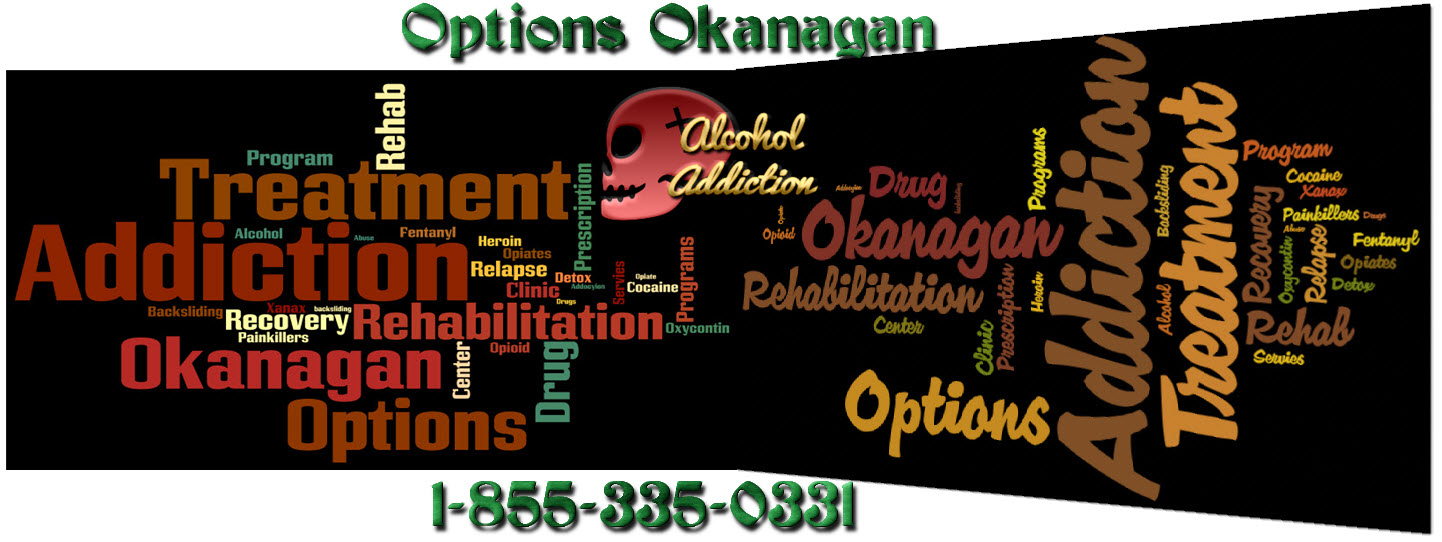
What Is The Short-Term Impact Of Alcohol?
Once an individual consumes alcohol, it is absorbed via the stomach, and it then makes it way to the bloodstream, reaching bodily tissues. Alcohol’s impact will depend on numerous things, such as the drinker’s weight, height, gender and age, along with how much food has been consumed in preceding hours. The way in which alcohol tends to dissolve inhibitions is one key reason it is so widely utilized in social settings. Moderate alcohol consumption also tends to boost sociability and cause light-headedness. Larger quantities of alcohol can cause speech to become slurred, sleep to be disrupted and nausea and vomiting to occur. Even smaller amounts of alcohol have the potential to impair coordination and judgement, making the operation of a vehicle quite dangerous. Lower to moderate amounts can lead to aggressive behaviors in some individuals. The hangover is yet another unpleasant side effect of substantial alcohol consumption and is marked by thirst, headache, nausea and extreme fatigue.
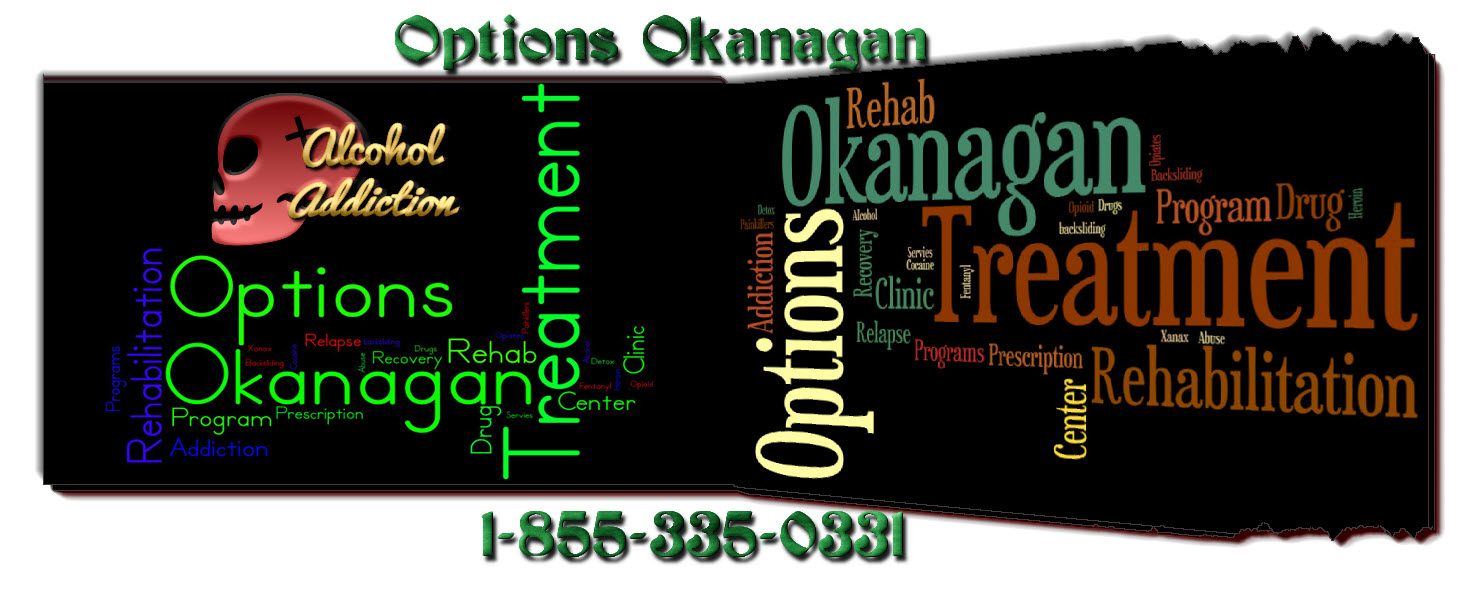
Long-Term Impact Of Alcohol
Extended, significant intake of alcohol has the potential to cause addiction known as alcoholism. Abrupt stoppage of serious alcohol use may prompt dangerous withdrawal effects that include tremors, hallucinations, anxiety as well as violent convulsions. When present alongside poor nutrition, extended use of heavy alcohol can cause lasting harm to the heart, brain, liver and pancreas. The immune system can also be damaged seriously by prolonged alcoholism, adding to cancer risks. Pregnant women who consume lots of alcohol run the risk of having babies impacted by fetal alcohol syndrome, which can involve physical defects and severe developmental delays. Also, studies have suggested that children born to alcoholics run a greater risk of developing the addiction as well.
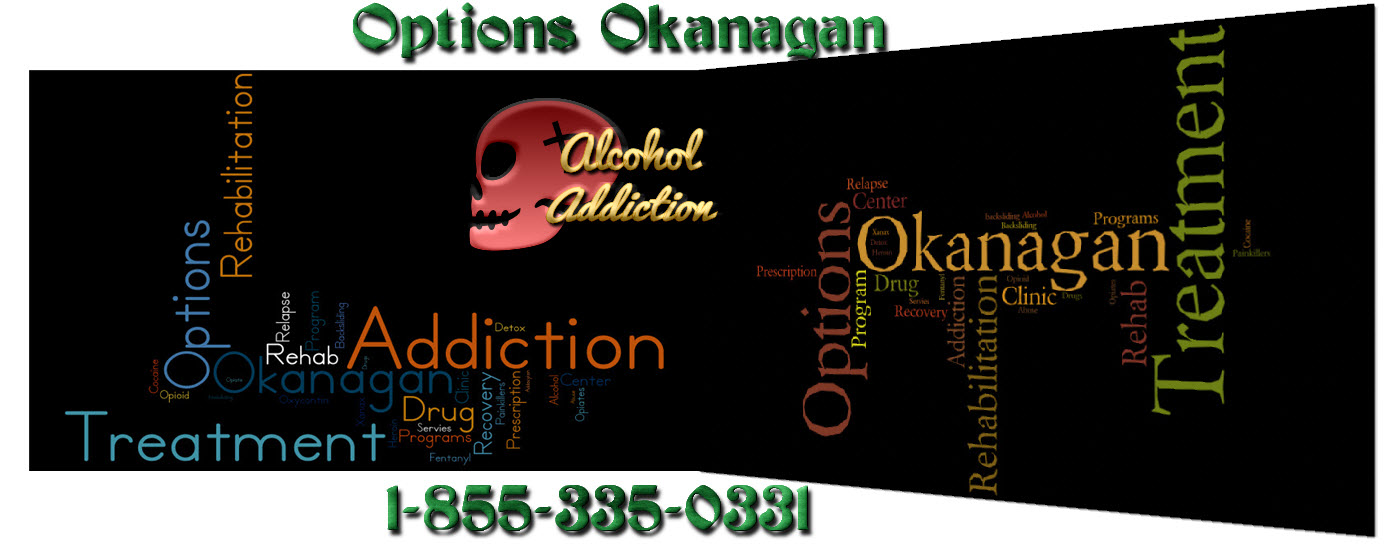
Alcohol-Induced Blackouts
Blackouts are situations in which it is impossible to recall what happened during the period of alcohol or drug consumption. These are different from merely passing out. The latter happens when consciousness is lost. An alcohol blackout does not involve passing out. Blackouts produce short-term memory loss and are actually a type of amnesia.
Normal function can be present during the period of a blackout. Those near you may not even notice that it is occurring. You may engage in typical behaviors, but will have no recall of those events later on.
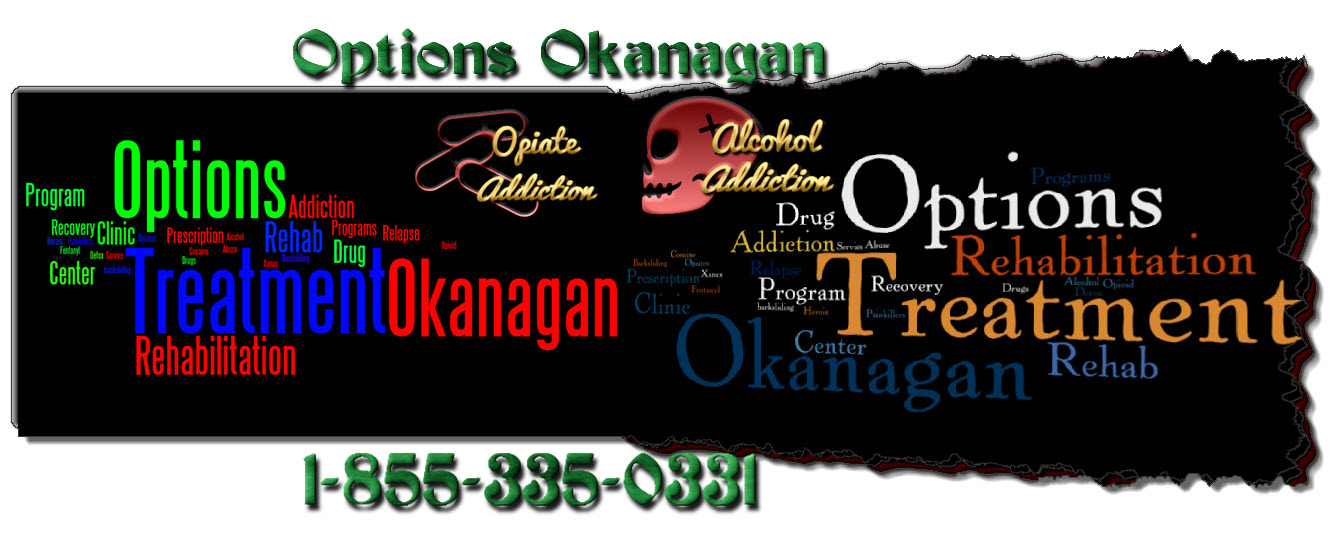
Lots of folks who experience blackouts are not frightened by them. They may recall a feeling of happiness, but just not remember anything else that happened. The term for this is “euphoric recall.” There are also those who find such blackouts to be extremely frightening and end up seeking treatment as a result.
Passing out can occur during blackouts due to the impact of drugs or alcohol on the body or from an injury sustained during a fall.Seizures can also be to blame, and it is likely that there will be no recall of the injury event itself later on.
If you suspect you are plagued by blackouts, you must never drive a car or operate heavy machinery. Speak to your physician about what is happening. It may be that you require further testing for other conditions which could be to blame.
Options Okanagan Drug and Alcohol Treatment Centers in Kelowna, Salmon Arm and Vancouver, British Columbia – Men and Women are recovering and healing from Alcohol and Drug Abuse at our treatment center here in the Okanagan right now.
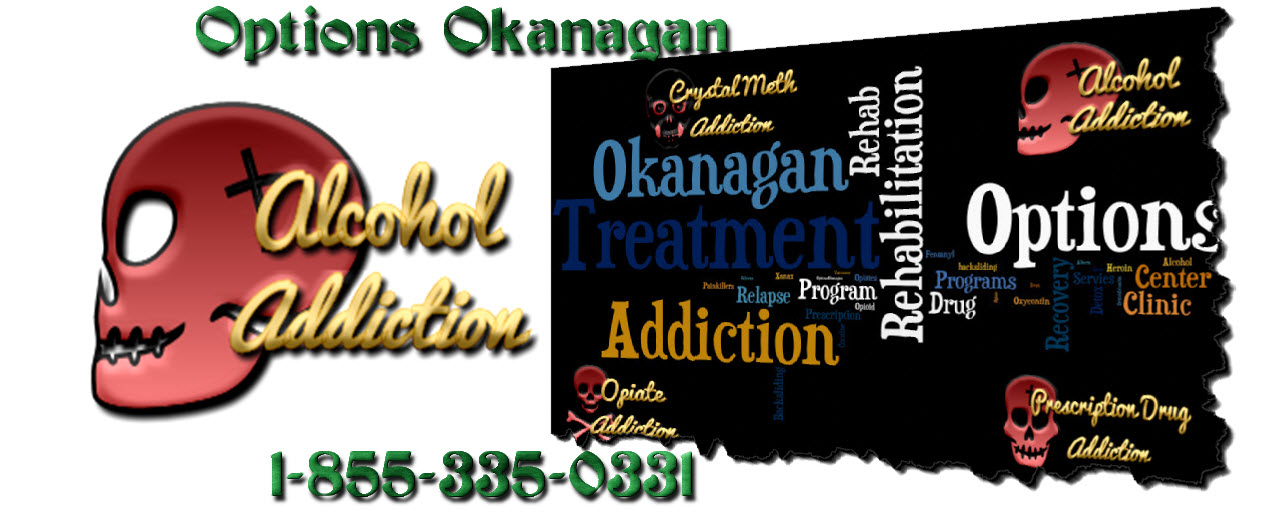
Our unique and distinctive Drug and Alcohol treatment program allows men and women to come in from Calgary as well as Edmonton as we offer airport pickup.
Numerous clients come to us from Calgary and Edmonton and other locations in Alberta and even other provinces for Opiate addiction treatment, meth drug treatment, many other drug and alcohol addictions for rehabilitation because of the uniqueness of our treatment center.
Our Treatment Location:
Options Okanagan Drug Treatment Center
551 Sherrydale Crescent, Kelowna, British Columbia, V1V 2E6
Toll Free Phone Number : 1-855-335-0331
